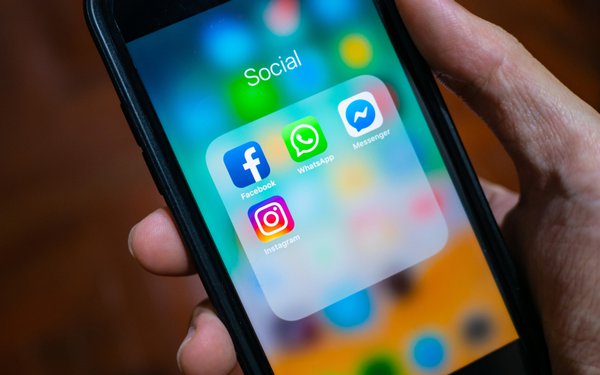
Facebook's alleged monopolization of the social
networking market enabled the company to decrease users' privacy protections and increase the number of ads shown to them, 48 attorneys general argue in papers filed Thursday with U.S. District Court
Judge James Boasberg in Washington, D.C.
“Unlike traditional business models in which monopolists exercise their power by raising prices, the most effective way for Facebook to extract
monopoly rents is by degrading the quality of its service,” the attorneys general write.
“Facebook has done just that, including by degrading privacy terms and protections and by
increasing ad load, thereby profitably reducing the value of this exchange for users, effectively raising its price, and reducing output.”
The states' new papers come in response to
Facebook's request to dismiss a lawsuit alleging that the company violated laws aimed at protecting competition by purchasing social media service Instagram (acquired for $1 billion in 2012) and
messaging service WhatsApp (bought for $19 billion in 2014).
advertisement
advertisement
Late last year, attorneys general in 46 states, the District of Columbia and Guam sued Facebook over alleged antitrust
violations. The Federal Trade Commission also brought a similar lawsuit.
The cases are proceeding separately, but both center on claims that Facebook illegally monopolized social networking
services by purchasing competitive threats. The lawsuits came shortly after Democrats on the House Judiciary committee's antitrust subcommittee issued a report stating that Facebook used its “data advantage” to identify competitors and then
“acquire, copy, or kill” them.
Last month, Facebook urged Boasberg to dismiss both complaints. The company made numerous arguments, including that the attorneys general couldn't
show how the alleged purchases harmed consumers.
The states counter in papers filed Thursday that Facebook's alleged monopolization leaves people with no alternatives in the “personal
social networking services” market.
“Facebook’s monopoly meant it faced little competitive constraint on its approach to privacy, leaving users and their personal data to the
whims of whatever metric Facebook was focused on optimizing at a given time,” the states write.
They also argue that Facebook effectively degraded quality by increasing the
proportion of ads in people's mobile feeds between 2015 and 2020.
Facebook also argued that the state attorneys general waited too long to challenge its purchases of Instagram and
WhatsApp.
The states urge Boasberg to reject that claim, arguing that “the passage of time made clear the continuing anticompetitive effects of the Instagram and WhatsApp
acquisitions.”
The FTC says in separate papers filed Tuesday that Boasberg should reject Facebook's request to throw out the lawsuit.
Among other arguments, Facebook said the FTC
reviewed both acquisitions before they occurred.
The FTC counters that its decision to refrain from challenging the mergers in 2012 and 2014 doesn't preclude it from doing so now.
“Congress has explicitly provided that the FTC need not challenge an acquisition at its first opportunity to do so,” the agency writes.
The FTC adds that its lawsuit centers on
“an ongoing course of monopoly maintenance that includes not only Facebook’s elimination of competitive threats through acquisition, but also the anticompetitive conditions that hindered
other potential rivals.”